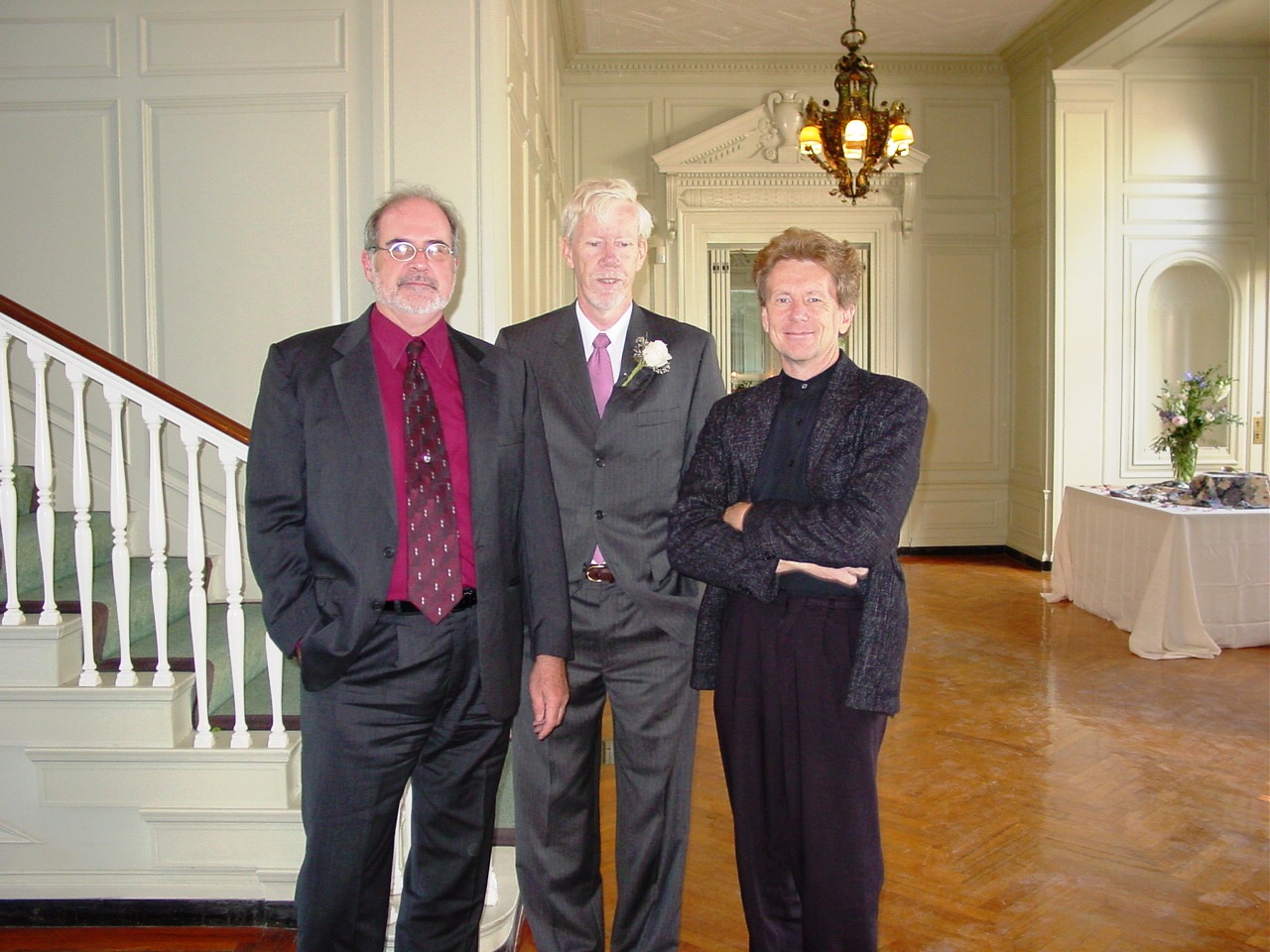Welcome to the Wakefield Doctrine (the theory of clarks, scotts and rogers)
If asked why I don’t write as many posts explaining, illustrating and otherwise providing insight into the principles of the Wakefield Doctrine, I suspect I’d be inclined to say, “Well, I’m busy practicing the craft, you know, real writing.” And, in pale defense of that position, I might point to (re)editing Almira, writing The Case of the Missing Starr, not to mention my weekly participation in the Six Sentence Story and the TToT. Despite the convincing sufficiency of my answer, I would add a coda/footnote/citation that would seriously undermine my ‘I’m too busy’ stance.
Lets blame Cynthia! And that new person over at Sixville, (with the site about art or drawings and such).
Yeah, lets do that.*
Friend of the Doctrine, Cynthia, has a talent for framing questions and offering observations that invariably cause me to think, “Hey! I haven’t really given that aspect the thought it deserves,’ and off we’d go on a mid-week(ish) Doctrine post.
…. I was talking to Phyllis about something this morning that got me to thinking about the complimentary-circularity of the three worldviews. It was of sufficient interest to remind me of things I’ve forgotten to remember. Lets see if I can reconstrue** the insight.
At a point, a few years ago, I posed to myself (and anyone reading/listening) the question, “What is the most difficult thing for each of the three predominant worldviews***?
For a clark it is be rogerian; for a scott it surely would be to live in the reality of a clark and a roger? they would hate to have to relate to the world as does a scott
The fun and value of the above propositions lies in what they tell us (or, hopefully, merely remind us, if we have done our reading), about the individual worldviews.
One of the primary goals of the Doctrine is to help us better understand and appreciate how we relate ourselves to the world around us1. This is followed, as close as a scott spotting an attractive clark or roger trying to sneak out the back door of the party, by learning/developing the capacity to see the world as the other person is experiencing it. Both can be the result of a thorough understanding of the nature and character of the three worldviews.
As a result, the more familiar we are with the world that ‘the other two’ are experiencing, the better we can communicate (with them).
* footnote (lol): As to what exactly we are blaming them for is not my decreased output, but for making me remember that there is no excuse for not writing more about the Doctrine.
** faux rogerian expression. This has nowhere near the quality to induce the shocked, explosive laughter that a true rogerian expression always causes, but still fun enough to leave in place
*** Reminder: the Wakefield Doctrine is predicated on the notion that reality is, to a small, but very real degree, personal. Further, there are three characteristic personal realities, aka predominant worldviews (otherwise known as personality types): the Outsider(clarks), the Predator(scotts) and the Herd Members(rogers). We, all of us, are born with the capacity to experience the world as any of these three. Although we settle into one and only one predominant worldview at a very early age, we never lose the potential to experience the world as do ‘the other two’. Learning the characteristics of these three personal realities enables us to know more about the other person than they know about themselves. Plus its fun.
1) As always, let me say, I said, “…how I relate myself to the world around me.” not “…how a relate to the world around.” Big difference, yo


 About clarkscottroger
About clarkscottroger
“…the more familiar we are with the world that ‘the other two’ are experiencing, the better we can communicate (with them).”
No truer words. I have found the perspective offered by the Doctrine to be enormously useful in better communicating with people.
Meant to stop by earlier. It’s been a crazy-busy week. When is it not, though? 😂 Just wanted to report that I’m glad I can provide some observational insights to the existential reasoning that is the Wakefield Doctrine.
Totally